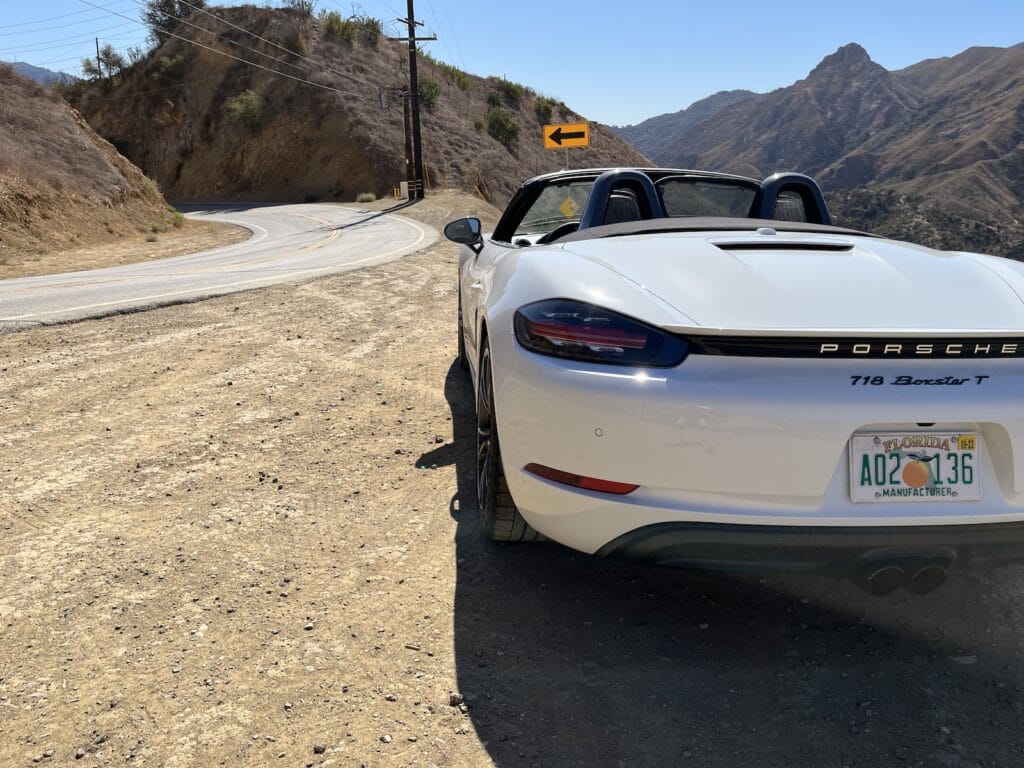
Volkswagen AG and Porsche Automobil Holding SE are currently in advanced discussions regarding a potential IPO of Dr. Ing. h.c. F. Porsche AG, the company revealed in a statement Tuesday, confirming rumors that are at least a year old.
The automakers have negotiated an agreement that will form the basis for the IPO of Dr. Ing. h.c. F. Porsche AG – the Porsche car business.
Money realized from the spinoff could help fund Volkswagen’s costly shift to EV production.
A family holding company
But note that the talks involve Porsche SE about the fate of Porsche AG.
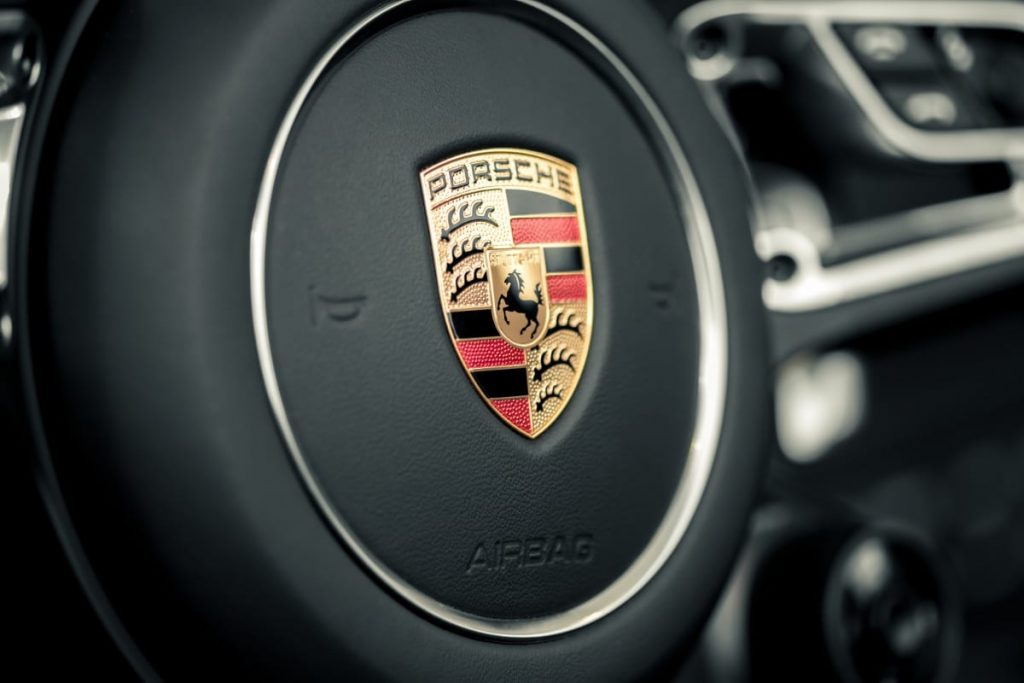
Porsche SE is a holding company founded in 2007, and it owns the majority of the ordinary shares in the Volkswagen Group, which includes Volkswagen Passenger Cars, Audi, Seat, Škoda, Bentley, Lamborghini, Porsche, Ducati, Volkswagen Commercial Vehicles, Scania and MAN. Porsche SE is controlled by the Porsche and Piech families, who own 31.4% of VW shares and control 53.3% of its voting rights through Porsche SE.
The plan would tighten family control of Porsche, which was founded by their ancestor Ferdinand Porsche, and relax their grip on Volkswagen AG.
Porsche SE was formed when Porsche tried to take control of the much-larger VW Group. But funding couldn’t be secured, and Porsche AG was instead scooped up by Volkswagen AG, becoming a subsidiary. But Porsche SE remained a separate legal entity.
Far from a done deal
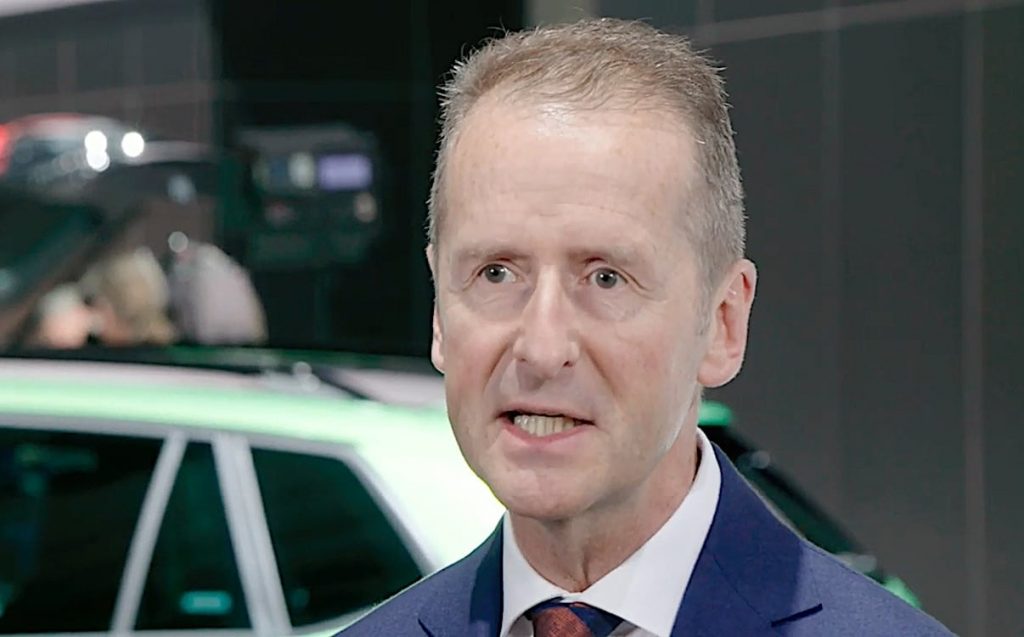
But while talks are in an advanced state, this far from a done deal. The automaker states the agreement has not yet been approved the Management Board and the Supervisory Board of Volkswagen AG; a final decision have not been made, and neither board has approved the agreement, nor has the executive board and supervisory board of Porsche AG.
In a separate statement, Porsche Automobil Holding SE confirmed that it is currently in advanced discussions with Volkswagen AG regarding a possible IPO and where it stands.
“Even if corresponding resolutions were to be passed, the implementation of the transaction would still be subject to further reviews, including final approval by the boards, and general market developments,” Porsche AG stated. “The company will inform the public and the capital market about further relevant developments in accordance with legal requirements.”
A tangled history
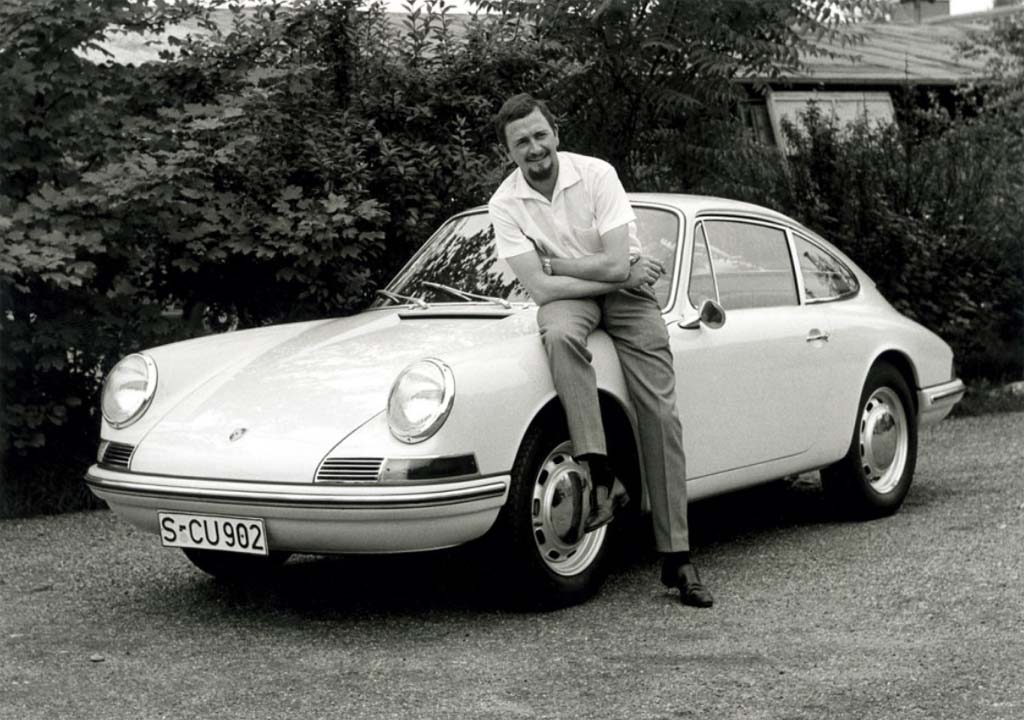
Volkswagen’s start as a company was partially due to Ferdinand Porsche, who engineered the Volkswagen Type 1, which would become the Volkswagen Beetle. And when Porsche established his own sports car business, early models were reliant on the Volkswagen parts he had created.
While both companies share a common parent, they also have a history of collaboration. It began in 1969, with the VW-Porsche 914 and 914-6, the former sporting a Volkswagen engine and the latter sporting a Porsche powerplant.
Seven years later, the automakers teamed up to produce the Porsche 912E and the Porsche 924. And today, the Porsche Cayenne parts is built at Volkswagen’s Bratislava, Slovakia factory.
How much could Porsche fetch?
According to Bloomberg Intelligence, Porsche is estimated to be worth 60 billion and 85 billion euros – or $68 billion and $96 billion. The current market value of the Volkswagen Group is approximately 112 billion euros.
Moves do not affect Porsche’s plans
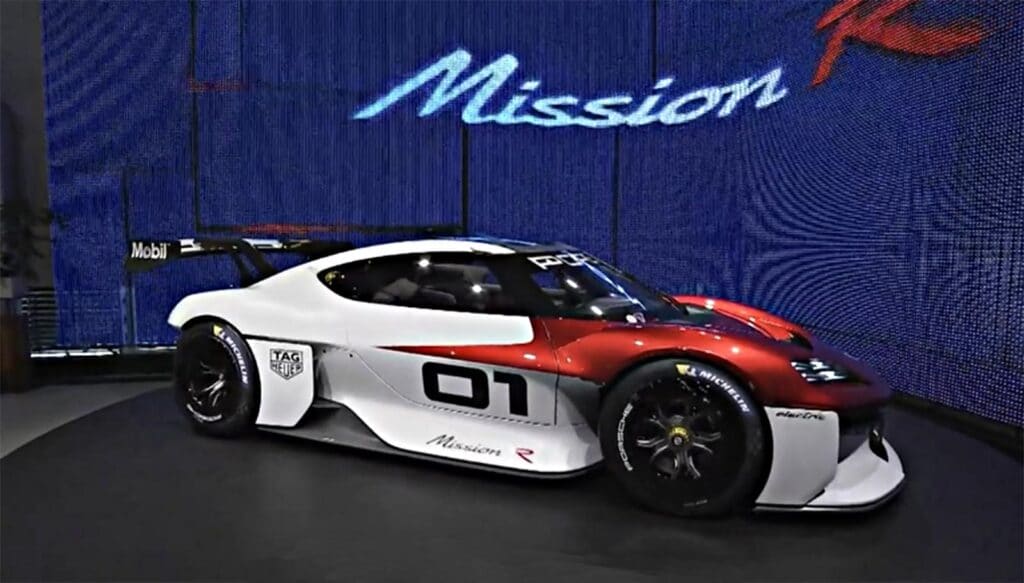
Yet these talks are not holding back Porsche’s product plans.
According to Automotive News, Porsche is planning to convert production of the Boxster and Cayman to an all-electric version of the 718 series, based on the Mission R concept, which approximately the size of the 718 Cayman but lower and wider. It produces 671 horsepower in “race mode”, increasing to 1,073 horsepower in “qualifying mode.” Reaching 60 mph takes less than 2.5 seconds and has a top of speed of more than 186 mph. Recharging to 80% takes 15 minutes.
How much of that will make it to an electric 718 in unknown. But the forthcoming EV sports cars will be built at Porsche’s main Zuffenhausen plant in Stuttgart, with production beginning in 2023 alongside the 911, which will be the last Porsche model to be electrified. The move will cost half-billion euros, and is the second to get an EV investment following Porsche’s new Taycan plant, also in Stuttgart.
Porsche is planning to have one-third of its lineup electrified by 2025, and two-thirds electrified by 2030. The electric 718 uses the PPE platform co-developed with Audi, and which will also underpin an all-electric Macan, which is expected to roll off the assembly lines in Leipzig at about the same time as the electric 718.
The Taycan was Porsche’s second-most popular car in the U.S. in 2021, coming within 624 units of outselling the 911. Both were outsold by the Macan and Cayenne SUVs, however.
Porsche would have been producing BEVs sooner, according to posted reports, but were held up by the corporate cooperation necessary to get the project off the ground. Corporate lethargy has been a big source of frustration within Porsche, something that would change after an IPO.







